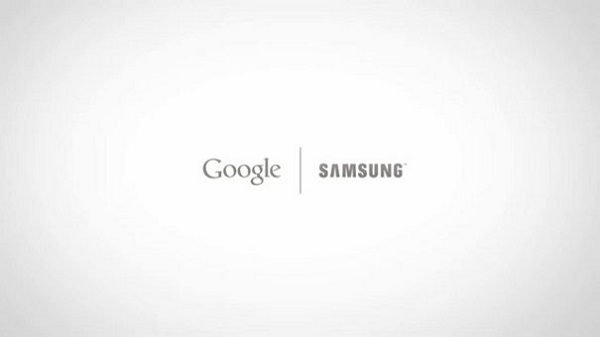The two companies have strengthened their relationship by signing a deal that enables each of them to use the patents licensed to the other.
Samsung and Google have been strong allies ever since the South Korean company decided to use Android, the search giant’s mobile operating system, in most of its devices. A few Nexus smartphones and tablets later, they are still working together to bring the world some of the best devices ever. Still, not few were the occasions when tech rivals such as Apple accused them of implementing technologies that did not belong to them. In most cases, such allegations have been disputed in a court of law, and the ones to lose the lawsuit always ended up paying hard cash for this. As you know, results differed from one country to another, so there’s no definitive answer to the problem, but protecting the patents in the way Google and Samsung have recently did is certainly a viable solution.

Allen Lo, deputy general counsel for patents at Google, pointed out that “By working together on agreements like this, companies can reduce the potential for litigation and focus instead on innovation.”
On top of that, Seungho Ahn, head of Samsung’s Intellectual Property Center, stated that “Samsung and Google are showing the rest of the industry that there is more to gain from co-operating than engaging in unnecessary patent disputes.”
The agreement that the two tech giants have reached will allow to use each other’s patents for the next 10 years. This measure, along with the other deals Samsung is making with other tech companies, should keep lawsuits at bay for the foreseeable future.
Just to see how patent infringements can affect technological progress, in October 2013, a consortium of tech companies that included Apple, Microsoft, BlackBerry Ltd., Sony Corp. and Ericsson filed a lawsuit against Samsung, Google, and other manufacturers of Android devices, accusing all of them of using certain features without a license. Luckily for Samsung, Ericsson announced this morning that it decided to end its patent dispute and furthermore, that a cross-licensing deal has also been signed between the Swedish telecommunications company and the South Korean manufacturer.
Intellectual property theft should be discouraged at all costs, but if more companies could reach such cross-licensing agreements, progress in the tech industry wouldn’t hinder that much and that often.
If you liked this post, please check the Samsung-illycaffè deal and the Sparq acquisition by Yahoo.










